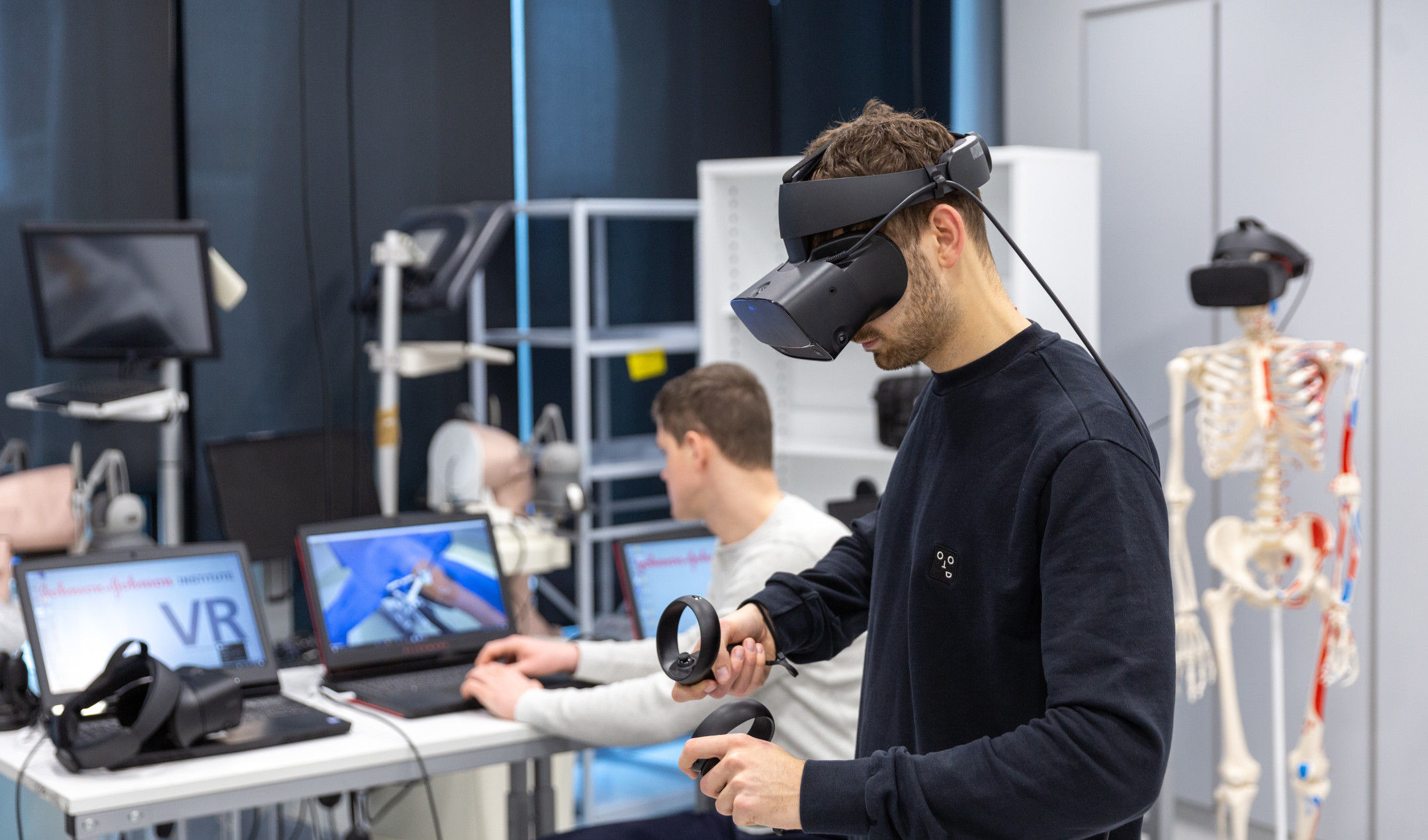Educational experience

We will deliver a world-class educational experience
Our Learning and Teaching Strategy sets out our ambition to deliver a world-class educational experience which is research-based, student-centred, evidence-based, inclusive and diverse, outward-looking
and technology enhanced.
Our aim for our graduates is that they will: demonstrate deep conceptual understanding of their chosen discipline; work effectively in multi-cultural, international teams and across disciplinary boundaries; approach challenges with curiosity, critical thinking and creativity; innovatively apply their skills to tackling complex real-world problems; understand and value different cultures and perspectives; develop into independent learners with high self-efficacy; display a strong sense of personal and professional identity.
In action
Actions in detail
- We will take an evidence-based approach to our learning and teaching, and we will contribute to this evidence-base through our own research and evaluation.
- We will create interactive learning environments, where students take an active role and engage in curiosity-driven, authentic learning and research within their discipline and across disciplinary boundaries.
- We will maximise the benefits of digital and online technologies to reach beyond the boundaries of our physical campus.
- We will create inclusive and diverse classrooms and culture, removing barriers to learning, enabling all our staff and students to participate fully, and harnessing the benefits of diversity.
- We will take a research-led approach to learning and teaching, ensuring students directly benefit from the strength of our research community.
- We will recognise our teaching faculty for their achievements and contributions to the College’s core academic mission.
- We will continually enhance our teaching. In particular, we will make timely and useful assessment and feedback a central part of our approach.
- We will work in partnership with our students to create a learning environment in which students are engaged as co-creators of research and benefit equally from new ways of learning and teaching.
- We will encourage and facilitate learning beyond the classroom, creating opportunities for staff and students to interact and build communities, helping students develop into lifelong learners.
- We will strive for excellence in research supervision and define the qualities expected from supervisors.
Case study
Chemical Kitchen

First year students in the Department of Chemistry have been taking part in a creative, interdisciplinary practical course that introduces them to the mind-set needed in a laboratory via the non-threatening parallel of a kitchen. It teaches practical laboratory skills, planning, creativity, safe working, precision, and dexterity.
‘Chemical Kitchen’ is the result of a collaboration between Imperial academics and cutting-edge gastronomy group, Kitchen Theory. Launched in the 2019/2020 academic year and capturing the imagination of students, staff and the public alike, the course is but one example of a number of grassroots projects funded by the College as part of our strategic approach to consistently and incrementally evaluating and evolving the educational experience of our students and staff.
For course leaders and developers Jakub Radzikowski and Luke Delmas, the benefits have been clear. As Luke notes: “All first year Chemistry students enter the Chemical Kitchen before taking part in their first traditional Chemistry labs, meaning we occasionally encounter some scepticism. By the end of the three-day course we find students can’t believe how much of what they learn in the kitchen resonates with what is expected of them in a lab setting. They feel more confident in their abilities, having been given an approachable ‘safe’ space in which to explore skills needed to practice their discipline.”
Students were treated as equal partners in co-developing the course and putting each other’s experience to good use. The ‘StudentShapers’ helped narrow down a broad range of proposed activities and invent new ones, combining maximum enjoyment and learning. Ultimately this will result in a more positive experience for students as the College considers rolling out tailored versions of the course to other departments.


